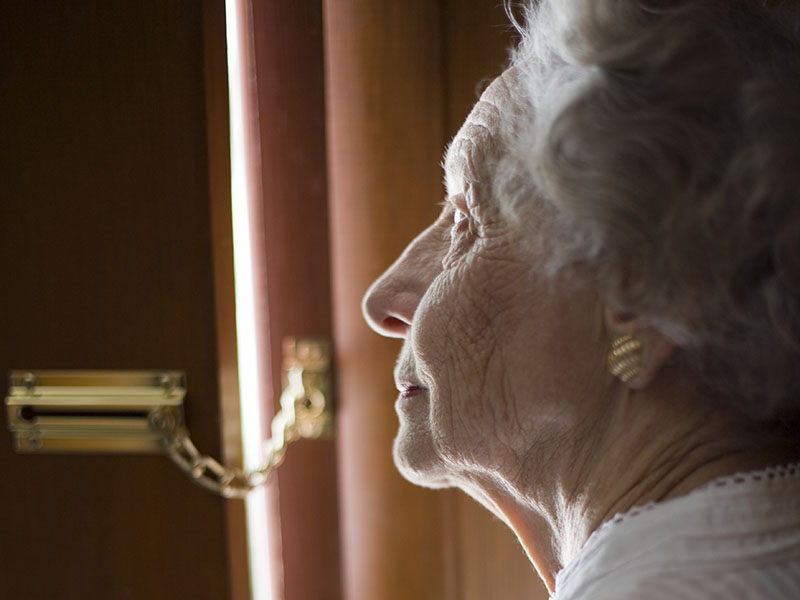Caregivers and Relatives May Have Disconnect over What’s Important
A new study by researchers at Penn State and the Benjamin Rose Institute on Aging shows different perceptions over what’s important among caregivers, and relatives who are in early stages of dementia. Caregivers may not understand priorities for their older relative in terms of autonomy, burden, control, family and safety.
Steven Zarit, a professor and head of the Department of Human Development and Family Studies at Penn State, says there’s a window of opportunity for people with dementia to explain what’s most important to them. He says people whose symptoms are relatively mild can say with some certainty what it is they want, what’s important about care. He says some people want to be in control of things and some want others to make decisions for them.
Zarit says the caregiver’s perception of the situation is what’s driving this. He says if the caregiver views the person with dementia as not being able to make decisions in everyday life, they were more likely to under-estimate the importance of these values. He believes it’s important for the ground rules to be set in the early stages. He says that’s when the person with dementia can explain their needs and values.
Zarit , the study’s leader, plans to continue the research by developing and evaluating protocols for improving communication between caregivers and their relatives.










